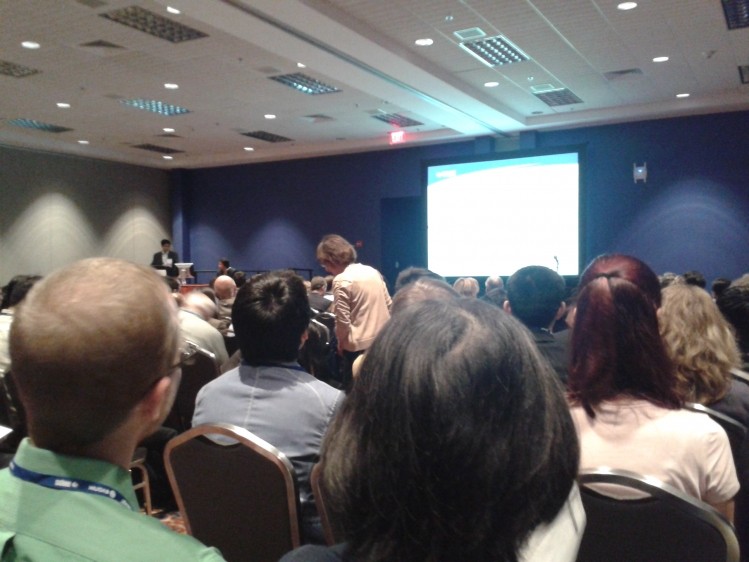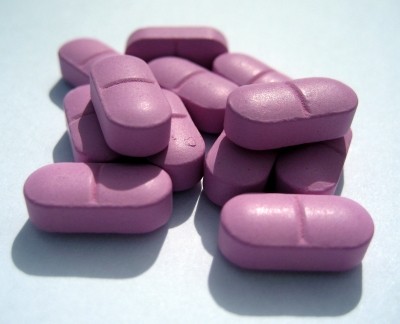Dispatches from AAPS
"Like I said, it's complicated" drug-food interactions discussed at AAPS

The afternoon session on food interation with oral dosage forms - which was chaired by Amitava Mitra from Merck & Co - was a full house.
Mitra set the scene telling attendees that interaction with food can impact drug pharmacokinetics in a variety of ways, both positive and negative.
"So why is food effect important in drug development? If a food is needed to give enough exposure for efficacy then if a patient takes a product without food the dose will be sub-efficacious.
"There has to be an explicit label on the product stating that it must be taken with food, which may impact how convenient it is for the patient to take the product."
He went on to explain that food can accelerate drug absorbtion producing a short T max, the time taken to reach maximum plasma concentration is reached, but more often than not it reduces the absoprtion rate.
"When we come to negative food effect, where you see a decrease in absoprtion with food, including an impact on AUC [area under the curve or bioavailability] or T-max or both.
"Conversely" Mitra continued "if the drug has a narrow therapetuic index and if you see a food effect you may be in a realm where, for positive food effect particularly, there might be some side effects or adverse effects."
Clinical and commercial
He also said that food effect complicates clinical studies, because of the need to monitor patients or give explicit instructions to the patients which is a substantial task in a Phase III programme.
"Finally if you are looking for a product with a rapid onset of action for a condition like pain or sleep disorder, you may not wanted a delayed Tmax."
Mitra also suggested that food effect may have a negative impact commercially.
"From a commercial perspective, if you are a pharma company trying to develop a prodcut you may not want food effect labels...because if a competitior product has no such label then obviously there may be a commercial disadvantage."
Predictions complicated
Steven Sutton of the University of New England College of Pharmacy, underlined this and explained the difficulty of predicting food effect, using the Biopharmaceutics Classification System (BAC) as a framework.
"Food in genral can have a large and confusing effect on pro-drug absorption, with the various charactistics of a meal combining to obfuscate its impact on the bioavailability of an API [active pharmaceutical ingredient]."
He explained that - from a drug bioavailability perspective - meals are best described in terms of their constituent parts as these determine how rapdily a drug passes through the digestive tract where it is absorbed.
"Protein can increase gastric pH, carbohydrate can slow gastric emptying and fat can stimulate the secretion of bile acids" Sutton said, adding that th calorific content of a meal also has a dramatic impact on gastric emptying.
Sutton went on to describe how physical actions in the stomach and intestine interact with the chemical characteristics of a drug to determine absorption.
When asked for some general guidelines on predicting drug-food interaction Sutton responded "Like I said, it's complicated."











